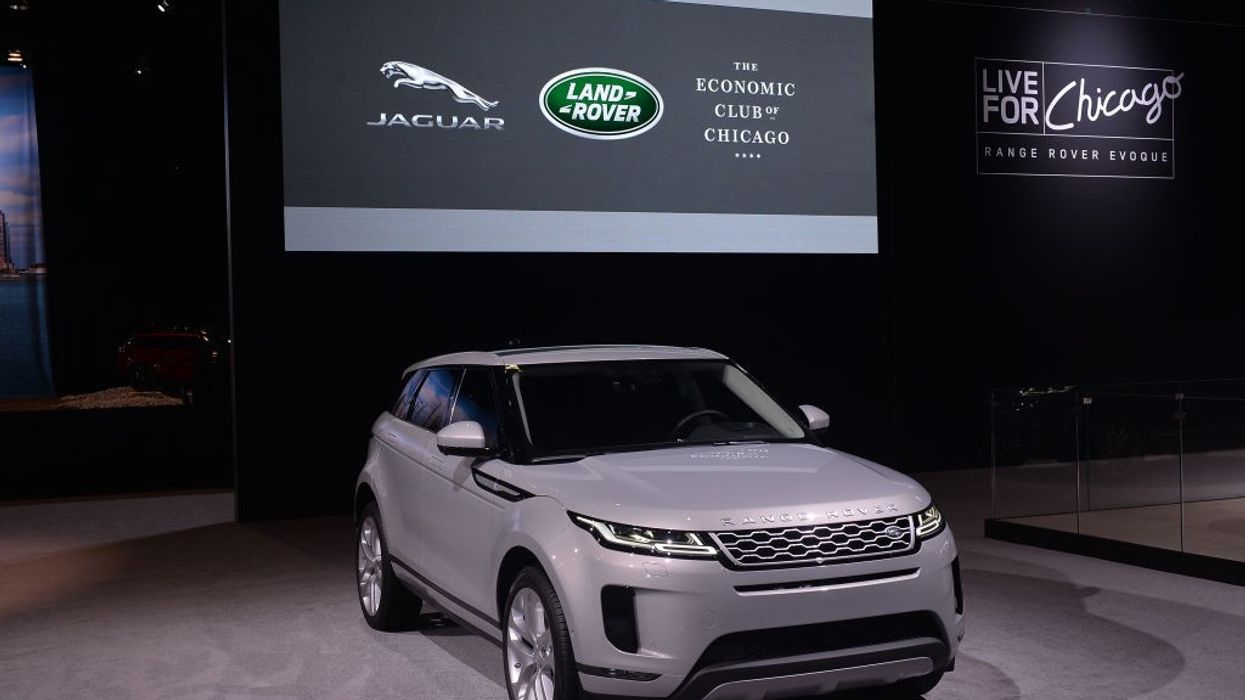TATA MOTORS-owned Jaguar Land Rover on Monday (8) reported a 22 per cent year-on-year increase in its retail sales at 431,733 units for fiscal ended March 31, 2024.
During the last fiscal, the company's wholesales rose 25 per cent to 401,303 units against 2022-23 financial year, Tata Motors said in a regulatory filing.
The wholesale volumes and retail sales of the UK-based automaker were higher in all regions as compared to the preceding year, it added.
JLR wholesales in the fourth quarter stood at 110,190 units, up 16 per cent as against it was a year ago.
Retail sales in the January-March quarter stood at 114,038 units, up 11 per cent from FY23.
Compared to the prior year, retail sales in the quarter were 32 per cent higher in the UK, 21 per cent in North America, and 16 per cent in the Overseas region.
Meanwhile, retail sales in China and Europe fell 9 per cent and 2 per cent, respectively in the fourth quarter over FY23.
By brand, compared to the prior year, wholesale volumes increased in the fourth quarter for Range Rover (up 22 per cent to 58,280 units), Defender (up 5 per cent to 28,702 units), Jaguar (up 39 per cent to 13,528 units) and Discovery (up 1 per cent to 9,680 units), the company said.
Last month, Tata Motors said it will split into two listed entities and separate its commercial vehicles business from its passenger vehicles arm, which houses the JLR business.
(Agencies)





